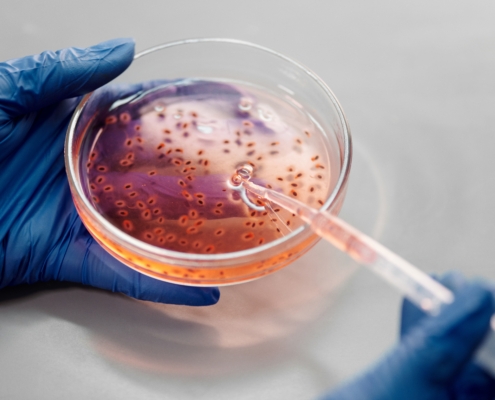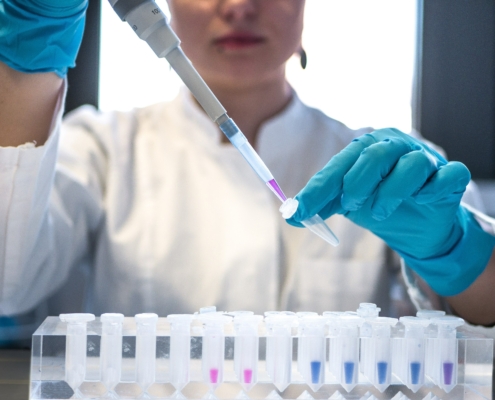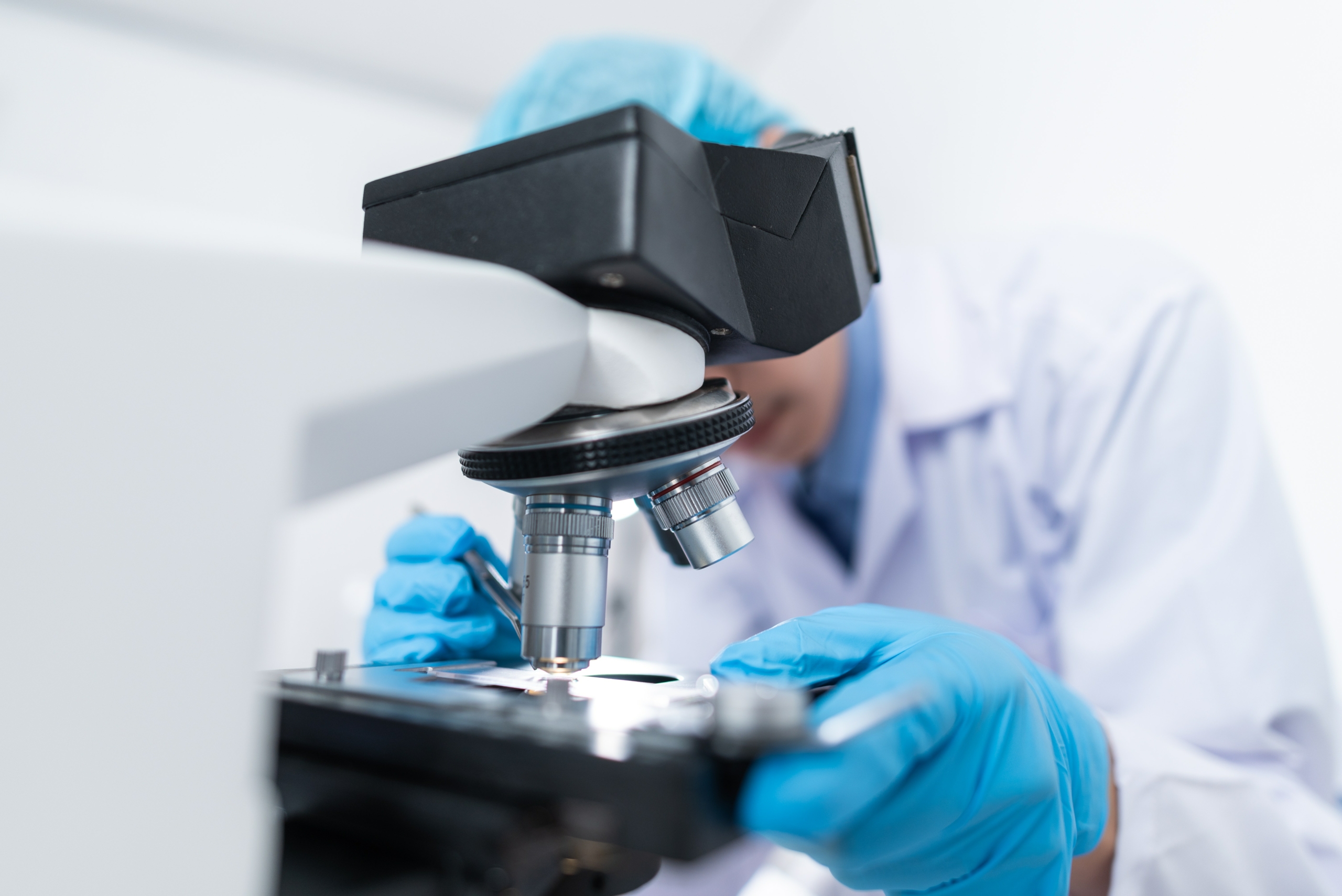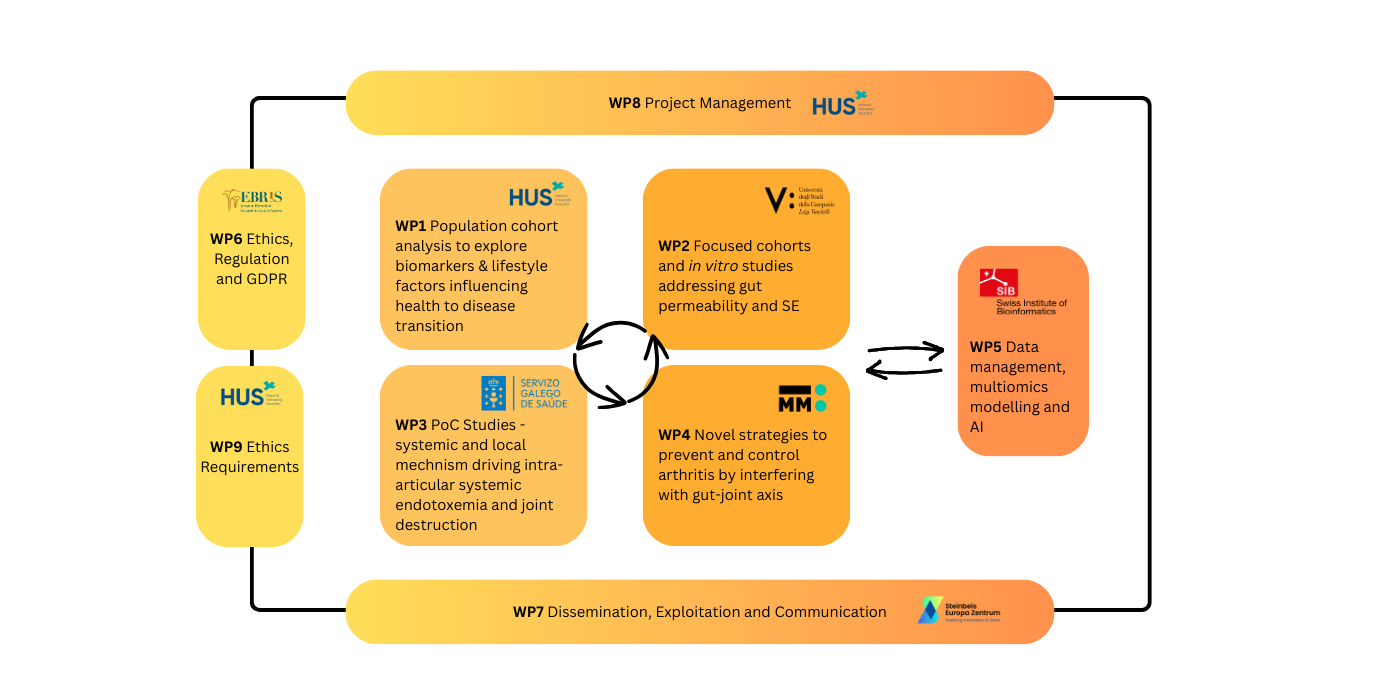Project Coordinator Team
Helsinki University Hospital (HUS)
Helsinki, Finland
ENDOTARGET Project Coordinator
Kari Eklund
kari.eklund@hus.fi
ENDOTARGET Deputy Project Coordinator
Gonçalo Barreto
goncalo.barreto@helsinki.fi
ENDOTARGET Project Manager
Ana Valkama
ana.valkama@hus.fi
Communication & Dissemination Leader
Steinbeis Europa Zentrum (SEZ)
Stuttgart, Germany
Lena Schleicher
lena.schleicher@steinbeis-europa.de




